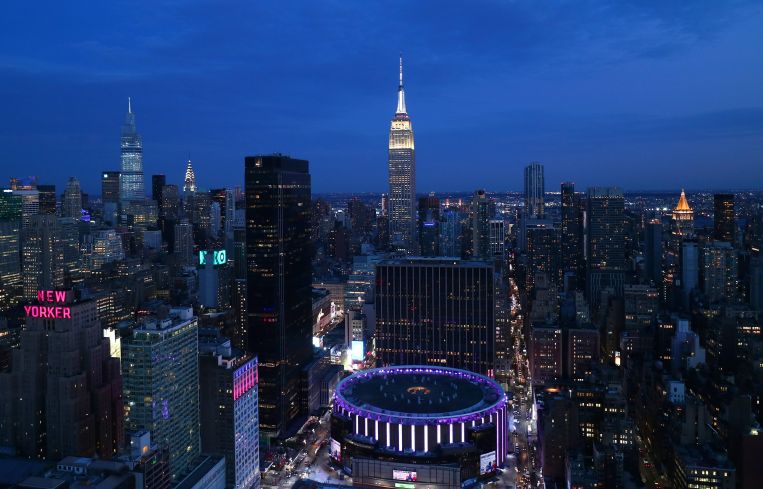Apple Adopting Hybrid Work Model in the Fall
Tech giant says it wants workers in the office at least three days a week
By Tom Acitelli June 3, 2021 7:47 am
reprints
Stick another fork in the conventional workweek.
Tech colossus Apple says it wants its workers in the office at least three days a week — Mondays, Tuesdays and Thursdays — starting in September. The rest of the workweek is up to them. That’s according to an internal email from Apple CEO Tim Cook to employees, first reported June 2 by The Verge.
Cook’s email also said that employees will be able to work remotely for up to two weeks annually, “to be closer to family and loved ones, find a change of scenery, manage unexpected travel, or a different reason all your own,” according to The Verge’s report. (Apple has not responded to a request for comment.)
The company’s move is one of the biggest statements yet about what return to office might look like post-COVID. Many major employers have suggested more flexibility for workers going forward (and a good thing, too, as an increasing number of workers say a lack of flexibility would be grounds for quitting). That, of course, means fallout for the commercial real estate industry, which services these tenants who suddenly might not need as much office space as before.
“Remote work will change how we manage our real estate,” Jamie Dimon, JPMorgan Chase’s chairman and chief executive, said in his annual message to shareholders in early April. “As a result, for every 100 employees, we may need seats for only 60 on average. This will significantly reduce our need for real estate.”
Still, citing the pace of COVID vaccinations, JPMorgan Chase has since called back employees to the office at least part time, and the bank — the largest private office tenant in Manhattan — has reaffirmed its plans to occupy a new 2.5 million-square-foot headquarters at 270 Park Avenue. Apple rival Facebook, too, has reaffirmed its intention to unspool over an increasingly large office footprint, including in Manhattan, but, like JPMorgan Chase, not necessarily at full capacity.
“We believe that as much as half our workforce could be working remotely over the next five to 10 years,” John Tenanes, vice president of global facilities and real estate at Facebook, told Commercial Observer this week.
And, speaking of Apple rivals, Google has said that 1 in 5 of its employees can work remotely indefinitely, and that many more will transition to a hybrid model. Echoing Facebook and JPMorgan Chase — and adding to the uncertainty for the CRE industry — Google says it’s still committed to its office space.
“Our campuses have been at the heart of our Google community and the majority of our employees still want to be on campus some of the time,” Google CEO Sundar Pichai said in a May email to staff announcing the shift to remote and hybrid.
Meanwhile, the numbers continue to reflect these shifts and the general uncertainty. The share of Manhattan office space available for lease stood at an all-time high in May of 17.1 percent, according to brokerage Colliers International. That does not include Apple’s space in the borough. The company has taken hundreds of thousands of square feet at Vornado Realty Trust‘s 11 Penn Plaza in the past year.



